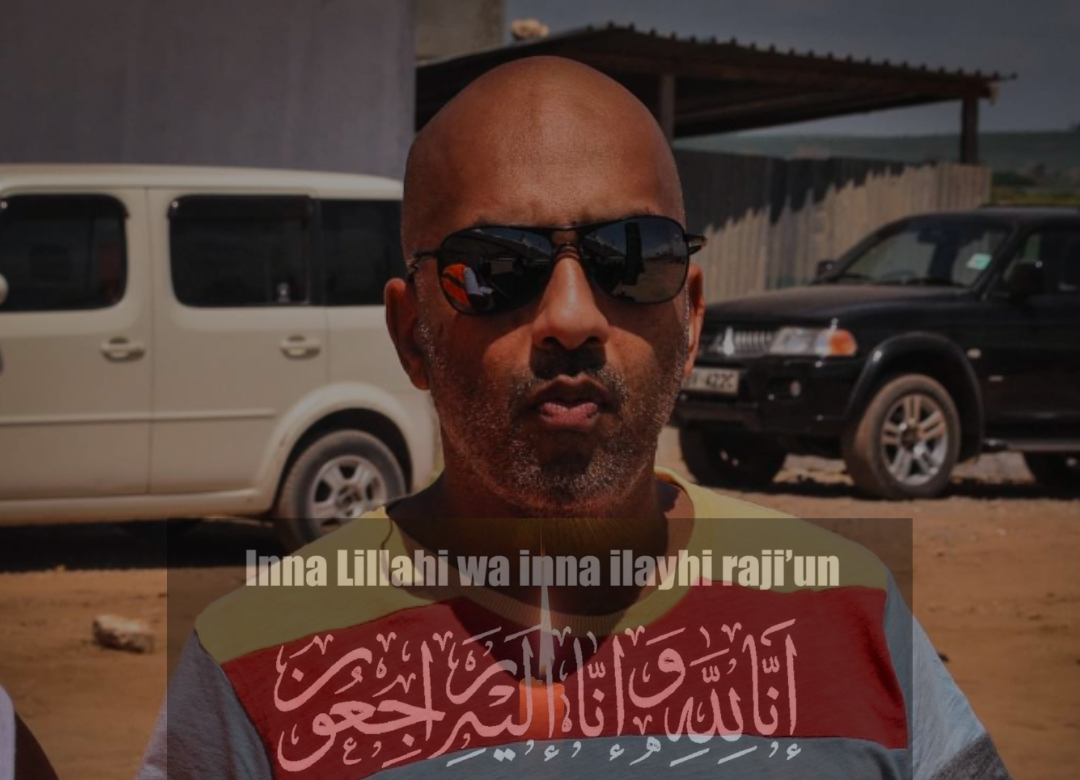Kenyan rally driver Asad Khan will be buried today at the Kariokor Muslim cemetery.
His demise was revealed by his family last evening.
Adil Khan, the deceased’s brother, announced his death by indicating that he sadly died at Avenue Hospital, where he had been undergoing treatment.
His family has sent updates on the funeral that will take place at Parklands Mosque, 3rd Parklands Road, later today.
Islamic law states that the body should be buried as soon as possible after death, hence funeral planning and arrangements must start right away.
The family should get in touch with the nearest Islamic community as soon as possible, and they will start planning the funeral service and burial.
Islam forbids routine autopsies because it considers them to be a degradation of the body. The deceased’s family may often object to a standard autopsy being conducted.
Cosmetology and embalming are prohibited generally unless mandated by the government.
It is not practicable to carry the body from one nation to another due to the embalming ban and the urgency with which the body must be buried.
Although this cultural practice is accepted in some groups, many Muslims wish to be buried in the nation of their ancestors, even though it’s against shariah.
A Muslim can be buried where he/she meets his/her end.
Cremation is forbidden for Muslims and is considered to be “Haram,” or an unclean practice that is a desecration of the deceased.
Before the funeral procession heads to Kariokor at 4:00 pm, the late Asad Khan will go through a full-body ritual procedure called Ghusl.
The deceased must be cleaned (“Ghusl”) and veiled with a (“Kafan”) before being prepared for burial.
Close members of the same-sex family are urged to give Ghusl, however in the event of a spouse’s passing, the spouse may wash the body.
Three washings of the body are necessary.
The body should be washed an odd number of times, but if it is not completely clean after three washings, it may be washed again.
Once cleaning is done and readied, the body is wrapped in a white sheet cloth.Three large white sheets of cloth should be stacked on top of each other to shroud the body.
All community members then perform Salat al-Janazah (funeral prayers).
The person most closely related to the deceased should be on the front line of the prayer group. The group should face the “Qiblah,” or Mecca and the congregation should form at least three lines.
The body of the deceased is then taken to the cemetery for burial after reciting Salat al-Janazah.
At the burial, traditionally, only men are permitted to attend the grave site.
There is no viewing before the funeral because Muslims believe that the body should be buried as soon as possible.
The immediate family will congregate and accept visitors following the service and burial. The community is expected to feed the visitors and his or her family for a period.
Family members and very close friends should be there when a Muslim is close to death. They should encourage him or her to repeat the “Shahada,” which affirms that Allah is the only God, and offer them love and hope.
When a Muslim passes on, they say, “Innalillahi wa inna ilaihi rajiun” which simply means, “We belong to Allah and to Him shall we return,” as soon as death occurs.
The deceased’s eyes and lower jaw should be covered, and a fresh covering should be placed over the body. Additionally, they have to ask Allah (via Dua, or prayer) to pardon the misdeeds of the deceased.
Rest in peace legend.




